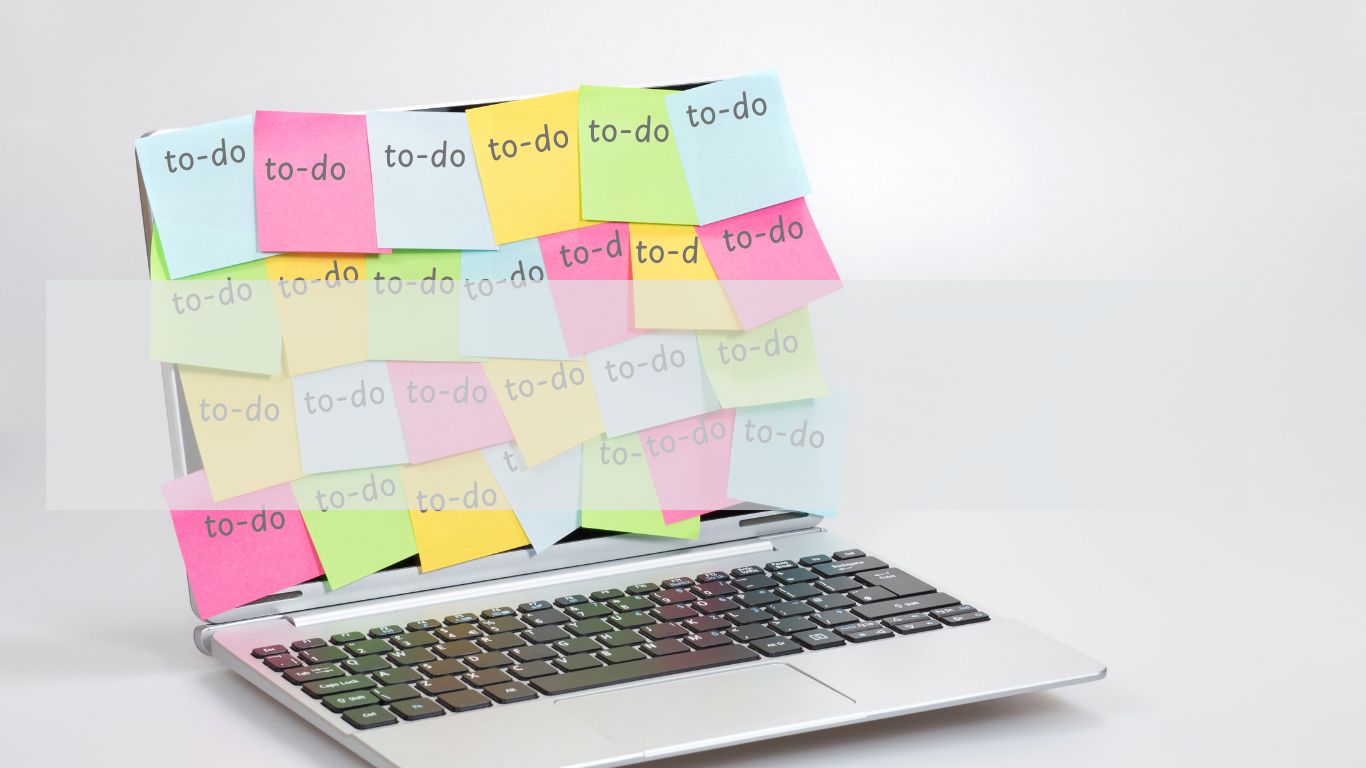Get in touch
Thanks for getting in touch

Why Organisational Wellness Programmes Work
Recent studies have highlighted the significant impact of employee wellness programmes on organisational outcomes.
Companies that implement these programmes have reported a staggering 25% increase in productivity, as these initiatives help reduce both absenteeism and presenteeism—the phenomenon where employees are physically present but not fully engaged.
As a leadership coach, I’ve worked as an – externally appointed – coach to organisations in both the UK and the US, offering employees a safe space to talk through and manage the stressors of today’s workplace environment.
Having delivered leadership programmes now for almost 6 years, I am no longer surprised at the level of transformation that can occur when employees are given the tools and support to prioritise their well-being.

Why is it needed?
According to recent data from The Society for Human Resource Management (SHRM), 83% of employees experience work-related stress weekly, with 29% battling burnout. In such an environment, organisations must take proactive steps to ensure that their teams remain engaged, focused, and resilient.
However, currently, only 51% of employers with 50 or more employees offer some type of wellness programme.
In today’s fast-paced business environment, CEO’s and the SLT’s are often stretched thin managing the diverse interests of their businesses.
These challenges are mirrored within HT departments who also find balancing employee needs with organisational goals and constant challenge.
Most employee or human resource issues that reach a CEO’s or team leaders desk signifies a degree of systemic failure. Not only do these issues take up valuable working time, but they also exert an emotional toll on leaders and HR teams, limiting their ability to focus on their next ‘most important task’. Often these issues must be put aside until a later time, and many leaders will perforce pick these up again outside of working hours, either on the commute home or in personal time.
This blurs the vital lines between work and home life resulting in an ‘always on’ culture for leaders, with no time for de-compression.
The role of an external wellness coach is to work alongside the HR team to prevent these disruptions by helping create and foster a valued and supportive work environment.
Statistics repeatedly underscore the effectiveness of wellness initiatives. Not only do they help to foster a more positive work culture, but they also enhances employee retention, engagement, and productivity.
It’s clear why organisational wellness programmes work so, why is there still a reluctance for organisations to embrace this proven offering?
Well, for a start, it’s not financial.
I recently spoke with a fellow coach who shared that an organisation had turned down his services at 3k per month, yet they were spending 26k per month on a marketing firm, despite being dissatisfied with the results.
A short-sighted approach
What are the challenges?
The modern workplace environment is a challenging one for many reasons, all interacting with each other to make it more stressful than it has ever been, without coping strategies and frameworks in place, stress can quickly lead to overload and burnout.
To thrive in this environment, organisations must implement wellness programmes to equip teams with the tools to manage stress effectively.
Workload and Deadlines – The number one challenge for employees. This balancing act of constant task prioritisation, scheduling and impending deadlines creates enormous stress on teams and individuals.
Remote working – There is an isolation crisis going on in many organisations nowadays where workers feel loaded and yet cut off.
Lack of Control and Autonomy – Limited opportunities for creativity result in employees feeling they have no control over their tasks or decision-making, this often leads to frustration and disengagement.
Over-emphasis on Online Meetings – This is a big issue now for many organisations. Research from Microsoft shows that there was a 250% increase in virtual meetings during the Covid pandemic and that number hasn’t reduced in the two years since we’ve been free of the pandemic, if anything the trend continues to rise.
Interpersonal Conflicts and Poor Communication – Workplace tensions, disagreements can often lead to toxic environments. Poor communication, lack of clarity in expectations, or inadequate support from managers exacerbate stress levels.
These challenges are widespread and universal, but they ultimately revolve around the most critical aspects of any relationship, whether personal or professional, trust and communication.
According to a survey conducted by the SHRM, approximately 45% of employees express reluctance to approach in-house HR departments with professional, personal or sensitive issues due to concerns around confidentiality and potential repercussions within the organisation.
Without a structured wellness programme, which includes an external independent point of contact, employees can often find it hard to know when, where and how to express their concerns.
Why Salus – Wellness Programme?
The word ‘Salus’ lies at the heart of this programme
The Latin word signifies health, safety and wellbeing, the core values of this programme.
How does it work?
The Salus Wellness Programme is designed to address the holistic wellness needs of the entire team or organisation.
From owners, Chief Executive Officers (CEO’s), Senior Leadership Teams (SLT’s), HR teams and individual team members, it provides comprehensive support to everyone, enhancing their own chances of success.
The core concept of the any wellness programme is trust.
Having a place to talk in confidence is essential for everyone, a place to share our worries or concerns or simply vent our emotions.
Programme Format
60-minute One-to-One coaching session per calendar month via Zoom/Teams
These sessions provide the core of the programme and are an invaluable opportunity for individuals to invest in their personal and professional development. They offer a dedicated time for focussed exploration, reflection, and planning.
Bi-Weekly check-ins (Monday & Friday) via Email/WhatsApp/SMS
Regular check-ins provide an opportunity for ongoing support and accountability. Consistency will always be the foundation upon which success is built, and accountability the necessary companion to consistency. These are crucial for maintaining alignment, tracking progress, and addressing any emerging issues promptly.
Additional 15 min – 30 min Momentum Meetings (upon request)
Momentum meetings provide a dedicated space for clients to address urgent concerns and clarify uncertainties. Whether it is a quick brainstorming session, or guidance on a pressing decision, these ensure that clients can check in person and address challenges in real-time, without unnecessary delays or disruptions.
6-Monthly Coaching Performance Appraisal
This appraisal allows both the coach and client to evaluate progress, reflect on key achievements, and adjust strategies to ensure ongoing alignment with the client’s goals.
It helps accountability and continuous growth, providing an opportunity to celebrate successes and identify areas for improvement in the coaching relationship.
The evidence is compelling, employees committed to a wellness programme are more productive.
In short, wellness programmes get results.
If you would like to discuss how The Salus Wellness Programme can help your organisation, contact me on +44 7768404902 or book a discovery call here https://calendly.com/nickyforsterthegoalsettingcoach/the-sales-wellness-programme-discovery-call
Boost performance – Reduce employee stress – Improve retention.
Invest in the future with The Salus Wellness Programme.
Be the best version of you
Your journey to a brighter future starts here
Book a Discovery Call with Nicky